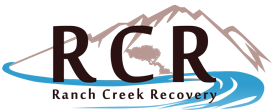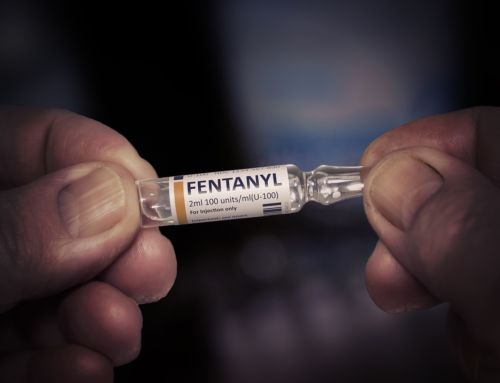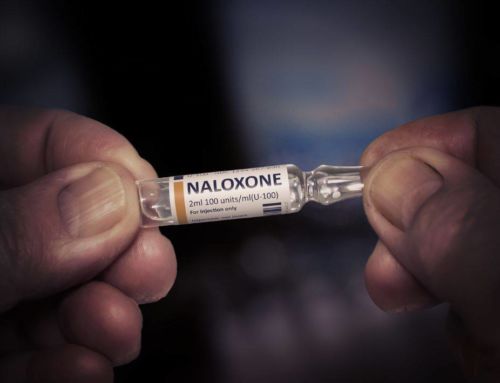Living with an addiction can make you feel like the entire world is against you. After all, most people who have never experienced a substance use disorder routinely minimize the severity of addiction and how it can alter and essentially destroy a person’s life.
How many times has someone told you to just “stop using drugs already” or to “get over your drug use and stop being a failure”?
Statements like these are commonplace within our society and completely minimize the disease component of addiction.
The fact of the matter is that an addiction to opioids can prove to be as debilitating as any illness known to man, causing a person to act out of character, ignore all logical thought processes, destroy their physical body and deteriorate their mental health.
If you are struggling with an opioid use disorder, it is imperative to understand the way painkillers impacts your entire being to formulate a plan to not only detox from the substance, but to also help you achieve long-term sobriety.
What are Opioids, Exactly?
Opioids are a class of drug that can come in a number of forms. From prescription medications like oxycodone to black market heroin, “opioids” is a term for drugs that interact and bind to the opioid receptors in your body.
All opioids are chemically similar and typically cause a euphoric feeling within the individual ingesting the substance. Due to the manner in which they impact the neurological makeup of your brain, opioids are easily addictive and can cause severe physical and emotional withdrawal symptoms when discontinuing use.
That is why it is usually recommended to consult with a clinical professional before detoxing from an opioid addiction.
How Do Opioids Work?
Opioids are extremely effective at addressing feelings of pain within the human body. This is because, when ingested, opioids attach to receptors found in the brain, spinal cord, and other areas of the body, reducing the transmission of pain messages and increasing a person’s feeling of general well-being and euphoria.
The messages that opioids generate to your body and brain don’t only block pain, though. They also slow your ability to breathe effectively while instilling a feeling of peace and overall calmness.
This synthetic feeling of serenity, or dopamine rush, can make you feel amazing, but the feeling is both fabricated and fleeting. This forces your brain to want more of that feeling, which, in turn, forces you to use more of the opioid to achieve the high you’re looking for.
What Do Opioids Do to the Brain?
Since opioids impact the brain by blocking pain and sending false messages of euphoria, they present a serious risk of addiction, overuse and overdose.
As previously stated, developing a tolerance to opioids can happen very quickly, forcing you to take more and more of the substance to achieve the same intoxicating effects. Additionally, an opioid addiction has been directly linked to structural brain damage, decreasing your ability to reason properly and think through problems.
This altered brain functioning and increased need for constant dopamine release creates a vicious cycle where your brain demands more opioids to simply make it through the day.
This is why so many opioid addicts find themselves getting “dope sick” when they don’t get their fix. They’ve completely forgotten how to function normally without ingesting dangerous amounts of opioids on a daily basis.
After a while, this pattern of addiction takes its toll on a person, leaving them broken and damaged and forcing them to perpetuate their addiction to simply live – all the while bringing them closer and closer to a potential opioid overdose.
Recovery Starts by Understanding the Effects of Opioids and the Brain
Regardless of where you are in life or how severe your opioid addiction has become, there is no time like the present to begin establishing a healthier and happier version of yourself. This starts with identifying a clinical treatment program that is capable of managing your specific symptoms while guiding you along your recovery journey.
Achieving personal success along this path requires you to open your eyes and your mind to see the way that opioids have lied to you and tricked you into believing they make you feel good.
In reality, they have covertly destroyed your ability to achieve actual happiness by poisoning your body and mind. Take back control with the help of a qualified treatment facility that specializes in opioid addiction and recovery.
Life-Changing Holistic Addiction Treatment at Ranch Creek Recovery
If you or a loved one is struggling with opioids and pain medication, now is the time to find real, life-changing support that will help you achieve sobriety and learn how to holistically manage pain or other life circumstances.
At Ranch Creek Recovery, we address addiction recovery and relapse prevention head on through our non-12-step, individualized, holistic addiction treatment programs. Our team of treatment experts will work one-on-one with you to create a custom treatment and recovery plan that will help you feel confident and ready to enter your new, sober life.
Have questions? We’re here to help in any way we can. Contact us today.
CALL NOW: (877) 293-8607












